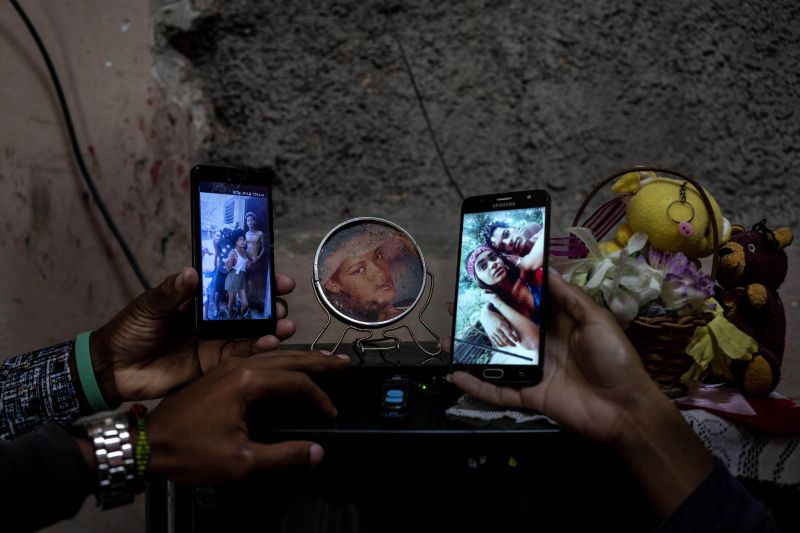
Last summer, amid worsening economic conditions, Cubans took to the streets in what became the biggest antiregime demonstrations in decades. Spontaneous marches spread around the country on July 11 and 12, joined by young people who happened to see them or learned about them on social media. Before the authorities could react, the fury of the people had spread as fast as the frustration of living under long-standing food and medicine shortages, made worse by the pandemic.
But since then, the regime has unleashed its repressive apparatus — and now a new generation of protesters is facing mass trials and lengthy prison terms.
More than 60 years after the revolution that brought Fidel Castro to power, the regime is reverting to the most primitive forms of control as it struggles again — still — to find a way to keep the economy afloat and the Communist Party in power. The party and its leaders reflexively blame the island’s struggles on the U.S. embargo, which unquestionably makes the situation worse, but is far from the main reason for the crisis. For Cubans, it has never been more apparent that the communist experiment has failed yet again, and they are tired of living with the consequences of that failure.
With the exception of the hermit kingdom of North Korea, many nominally communist countries, such as Vietnam, have come to the conclusion that market forces, human drive and initiative must be unleashed to improve living standards.
Cuba is not the only place where a regime that calls itself communist remains in power using repression to maintain its grip (see China). But it is almost alone in failing to deliver any meaningful measures of economic freedom and prosperity to its people.
The combination of escalating repression and plummeting living conditions brought to mind a conversation I had many years ago with a Cuban government official. Speaking privately at a time when Russia’s post-Soviet economy was unraveling, he told me that Cuba would likely emulate China, maintaining full political control while loosening the economic reins to improve lives and ease pressure for change.
So, what happened?
Cubans embraced Castro’s revolution in part because a corrupt regime had kept the vast majority living in poverty for the benefit of a small elite. But today, the revolution can’t claim victory — instead, the regime must rely on repression because plummeting living standards threaten its hold on power.
When the Obama administration decided to normalize diplomatic relations with Cuba, there was a lot of hope that the regime would embrace much-needed reforms. But it’s clear the regime has no interest in evolving. The current crackdown has kept President Biden from reengaging with the Cuban government, which he had promised to do.
The calls for the resignation of President Miguel Díaz-Canel and the chants of “¡libertad!” that echoed in the streets of Havana and other cities in July have since been drowned. The protests may have caught the authorities by surprise at first, but now the regime seems fully in control.
More than 700 people have been charged. More than 50 of whom are between the ages of 16 and 18, according to human rights groups. These are not the old dissidents or pro-democracy activists. These are everyday Cubans from all walks of life who had never even participated in a protest.
Eloy Barbaro Cardoso’s mother says the 18-year-old was leaving his grandmother’s house when he ran into a crowd of protesters. It was his first demonstration. Now he’s been charged with sedition and faces years in prison. Maykel Rodríguez was out buying food when he saw and joined a crowd in the city of Holguín. The father of three now faces up to 28 years in prison.
This doubling down of repression is not what many Cubans expected when Díaz-Canel became president in 2018, replacing Raúl Castro. Many hoped he would begin a more determined march toward liberalization. But the economy remains tightly under regime control.
But even as it deploys more repression, the regime cannot completely ignore the public discontent. A new law relaxes rules to open a small business, but it remains a bureaucratic maze leading to a deeply restrictive market space. And the Communist Party-controlled National Assembly has also passed laws that in theory improve the rights of citizens.
It won’t be enough. The regime must face the reality that most Cubans painfully endure day in and day out: The current system does not work. Throwing people in jail for saying so is a shameful move in the wrong direction.
Frida Ghitis is a former CNN producer and correspondent who writes about world affairs for the Washington Post, CNN.com and World Politics Review.
